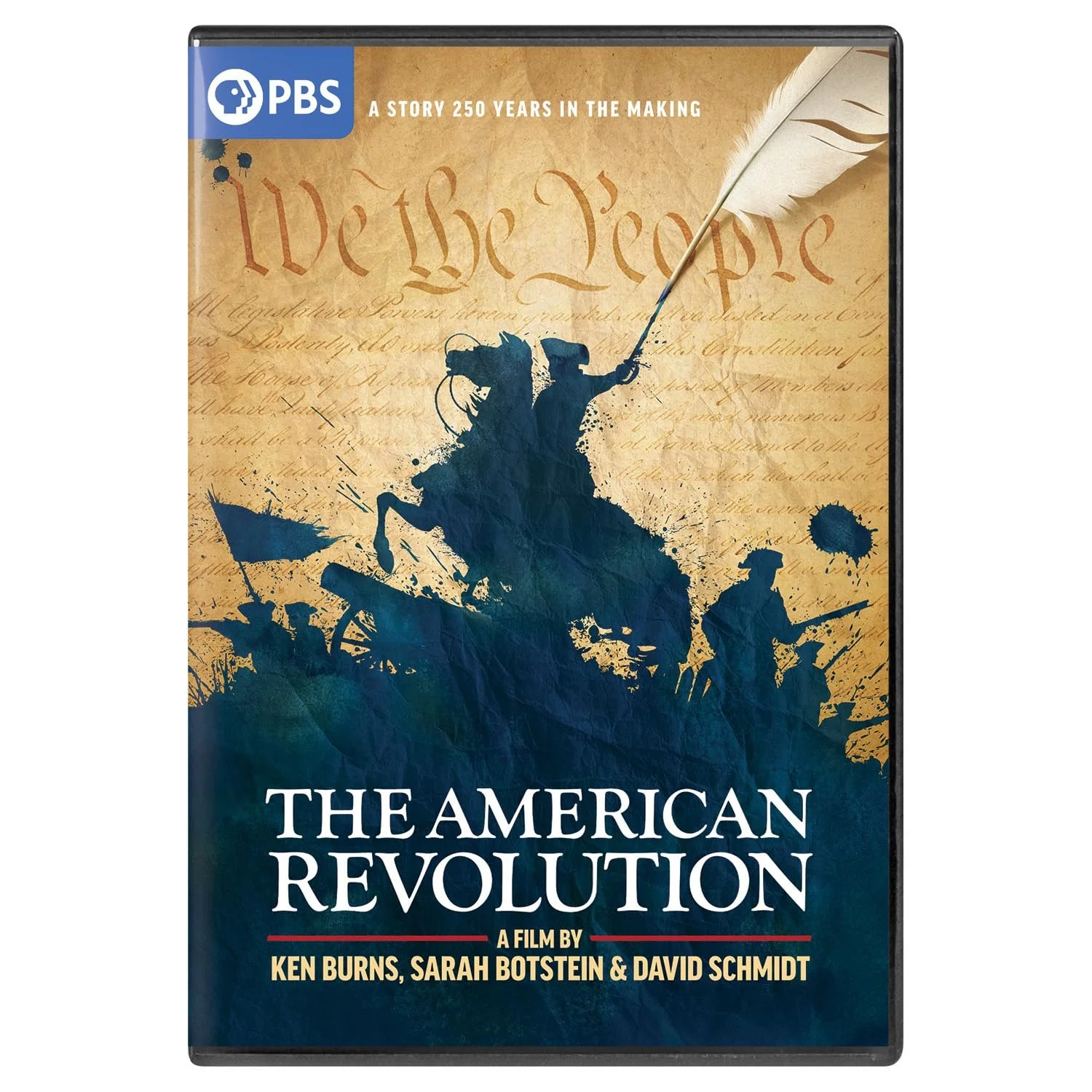Burns does Zinn
/People Are Fighting About the New Ken Burns Documentary
Hot Air’s John Sexton admits that he hasn’t watched Burns’ documentary on the American Revolution, but does offer a (very) lengthy compilation of X-posts from those who have, and you can find those at the link. Here are two of them, one from each side:
I’m really trying to give this a fair hearing, but so far (I’m on ep.3) it’s a staggeringly negative portrayal of those who founded this country. To a point that I come away after each episode with the impression that the people who made it are not fans of The United States. pic.twitter.com/L6AzVoASVI
— Patrick Fox (@RealCynicalFox) November 20, 2025
And from the woke, approval:
I've been really enjoying the new Ken Burns American Revolution documentary.
— Matthew Yglesias (@mattyglesias) November 21, 2025
It's "woke" in an appropriate way, making sure to include a wide range of perspectives and stakeholders, while fundamentally affirming the core values that have inspired this country for generations.
After watching the first two episodes and skimming through the third before quitting, my personal take is that Burns’ intention was to channel the communist Howard Zinn’s “A People’s History of America” (“presenting a different side of history from the more traditional fundamental nationalist glorification of country") and the NYT’s 1619 Project (self-described as an effort to “reframe the country’s history” by arguing that our country was founded upon the idea of slavery”) and produce a documentary about the heretofore underreported role of blacks, Indians and women in the American Revolution and the dark side of the white men — land speculators and slave owners — who have up to now been venerated as the founders of our country.
He’s succeed in that effort, to the extent that he’s made a 12-hour documentary that will appeal to his PBS audience, and I have no particular objection to the subject: there is a dark irony to the dichotomy of fighting for the individual freedom of all people while holding millions in slavery, and a casual reader of history might have been unaware of the existence of Abigail Adams, and the fact that blacks and Indians fought on both sides of the war. Now he does, if he can sit through the series.
The trouble comes from Burns’ insistence on hammering those points home relentlessly at every possible moment. George Washington arrives outside Boston to take command of the militia forces surrounding the city but, as is carefully noted, he is accompanied “by his personal slave.” Thomas Jefferson travels to Philadelphia to help draft the Declaration of Independence, and brings with him his slave valet, “the son of Jefferson’s concubine Sally Hemings’ and Jefferson’s father-in-law”. Okay, we get the irony; point made: who knew that some of our revolution’s heros owned slaves? Gosh! But Burns is like that obnoxious stranger sitting next to you in a movie theater, constantly elbowing you, saying “did you see that? See that?” “Wow, did you catch what he just did?” “Can I have some of your popcorn?”
Burns’ endless messaging even extends to the illustrations created for the film, which are always careful to include heroic women and blacks in the foreground of every picture, bravely standing next to white males confronting the British, watching as cities burn, and just being present. “Remember us? Huh? We were here too!”
And so on. It’s not a documentary on the history of the Revolution so much as a story about oppressed people having a difficult time, and uses the Revolution as a backdrop to frame the tale. I didn’t use a stopwatch, but I’d estimate that at least a quarter of the first three episodes, possibly a third, are devoted to the theme of slaves and indians and those, “by gosh, weren’t they brave?” women. As I said, the target PBS audience will love it, and, like the 1619 project, it will probably be incorporated into our schools as a primary pedagogical resource, but I found it first, annoying, then boring, and then I turned it off.

